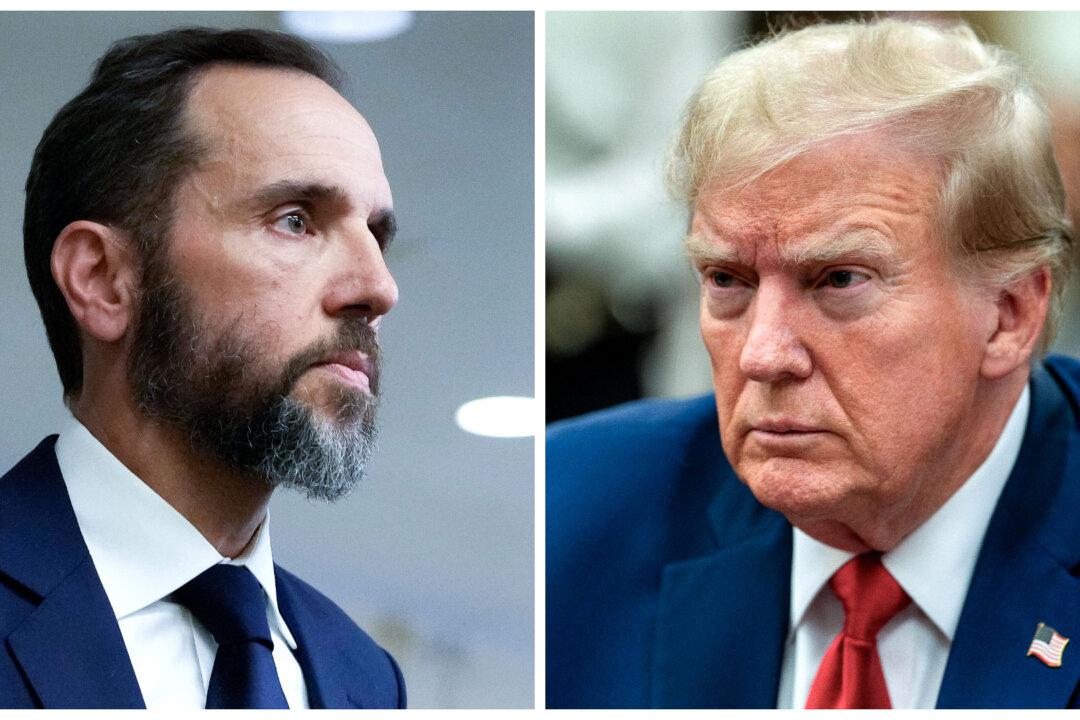Special counsel Jack Smith’s office objected to former President Donald Trump’s recent request to adjourn some pre-trial deadlines in a federal case in the Southern District of Florida, arguing that the former president has already made attempts to delay proceedings and ultimately the trial at least four times.
Mr. Smith is prosecuting two separate cases against President Trump. In Washington he has charged President Trump for his actions on Jan. 6, 2021. That case was set to go to trial on March 4, but since early December has been stuck in limbo while President Trump pursues an appeal of his motion to dismiss the case entirely based on presidential immunity.





